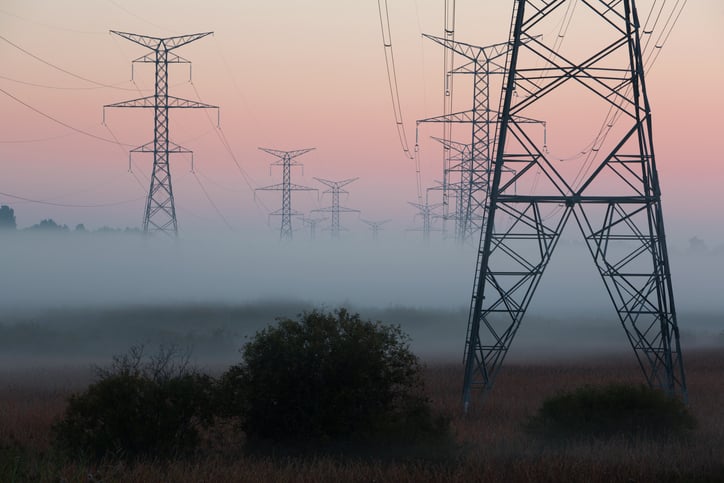The Energy Networks Association (ENA) has rebuked British Gas after it blamed spiralling energy network costs on a 12.5% price increase for electricity customers.
Yesterday British Gas parent company Centrica confirmed that it would be increasing costs of its standard tariff from mid-September, a move which it confirmed would affect nearly 3.5 million customers.
Stressing that it was the first increase in its electricity tariff since November 2013, the firm’s consumer chief executive Mark Hodges squared the increase with an “underlying increase in policy and transmission costs”.
However his comments caught the ire of the ENA, which responded yesterday by pointing out that network costs would only have formed a small percentage of any perceived increase in charges.
“Ofgem annual reports show that electricity network costs have increased by £10 since 2014, as companies have invested in our energy networks that has [sic] delivered record levels of network reliability, performance and new forms of green electricity generation. This forms only part of the £76 increase that British Gas has announced.
“Network costs are expected to remain broadly flat in the coming years and in some cases fall and Ofgem analysis shows that between 1990 and 2006 the total cost of running the GB electricity and gas networks fell 45%. Despite significant planned investment between 2006 and 2017 they are still 17% lower,” said the association’s chief executive David Smith.
In actual fact, £15 of the circa £76 increase is the result of British Gas cancelling its own dual fuel discount.
British Gas’ sentiments also fly in the face of the government’s climate watchdog the Committee on Climate Change (CCC) which said earlier this year that policy costs actually had a “limited impact” on bills.
Analysis conducted by the CCC projected that the total costs of meeting the fifth carbon budget, which would include sourcing a far higher percentage of electricity – some 75% – from renewables, would add around £200 to average household bills by 2030.
However the CCC also concluded that household bills in 2016 had actually fallen since the 2008 advent of the Climate Change Act, more than offsetting costs associated with low carbon policies, and that this effect could continue into the 2030s through increased energy efficiency.
British Gas is not the first utility to have blamed policy and network costs for increased prices this year. Indeed, British Gas was the last remaining member of the ‘Big Six’ to have kept prices stable with most settling at least a portion of the blame on network and/or policy costs.
Jonathan Marshall, energy analyst at the Energy and Climate Intelligence Unit, said: “Instead of pointing the finger at policy costs – which have been shown to cut overall bills by reducing waste – British Gas should be looking to the long term and backing low–cost renewables and smart, flexible technology which have been reported time and time again as offering billions of pounds of benefits to UK homes and businesses.”






